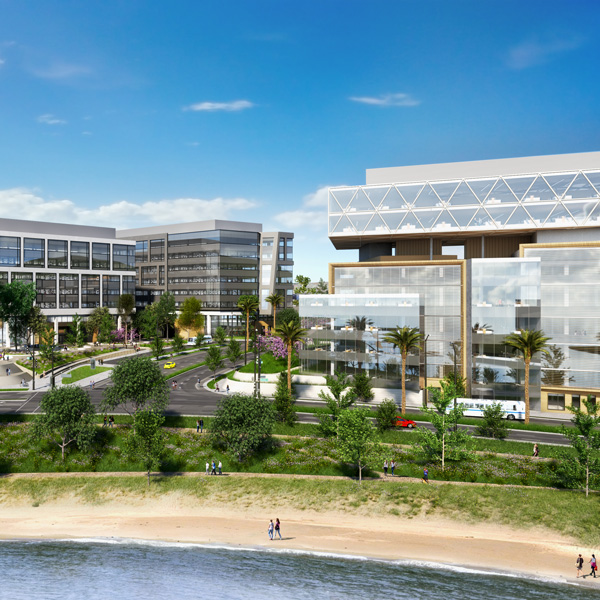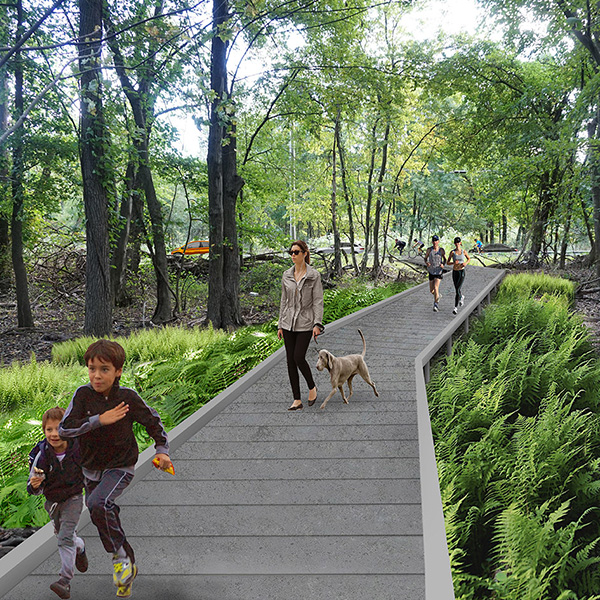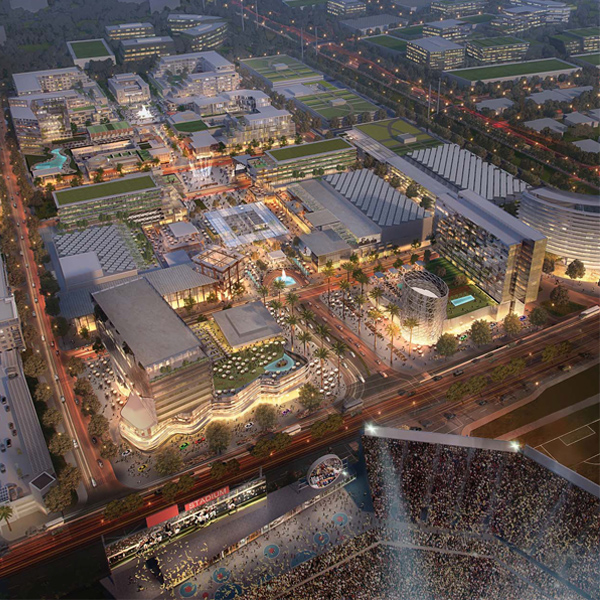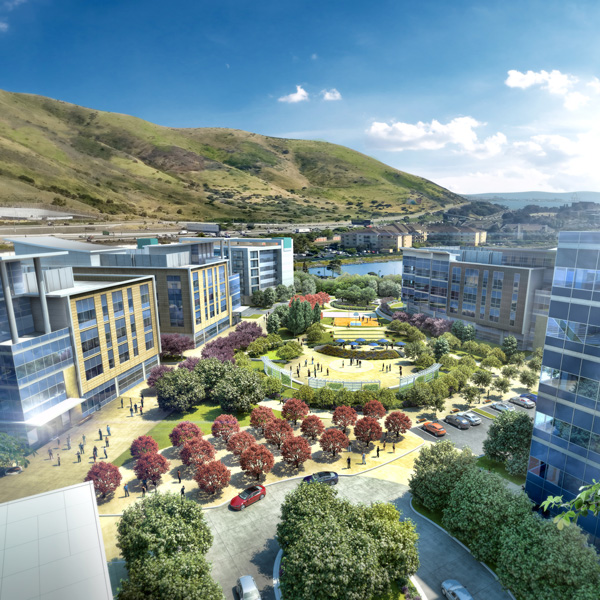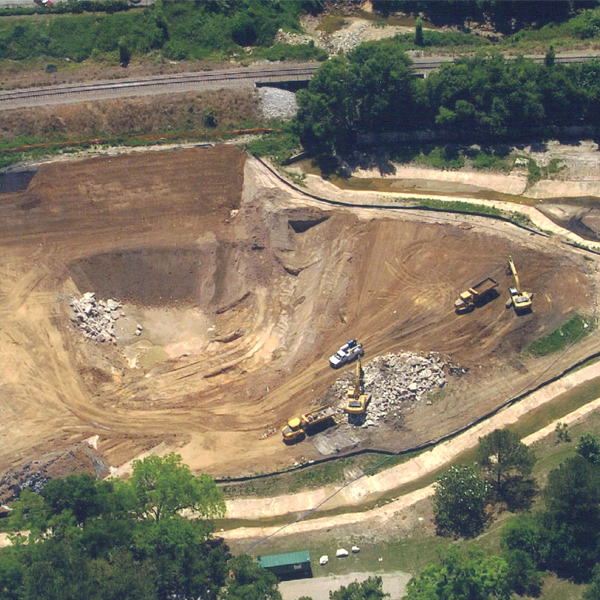Turning Trash into Treasure
Reinventing Landfill Developments into Functional Public Spaces
As many urban areas expand to accommodate an influx of jobs and residents, the focus has shifted to infill development, reversing the urban sprawl seen in recent decades. To satisfy the continued demand, developers are moving toward the last large developable parcels available – former municipal solid waste landfills and informal dump sites.
The redevelopment of landfills caused an increase in regulatory interaction, particularly related to post-construction maintenance and monitoring of these sites. Regulators want to make sure that the engineering previously completed to make the site safe is maintained, and that there is a responsible party available if an issue arises at any point in the future.
It’s also critical to coordinate with knowledgeable consultants, attorneys, and engineers to better understand what regulatory framework applies as the requirements can differ depending on the age of the landfill. For landfills closed for several decades, some settlement has probably occurred and landfill gas generation rate is decreasing so the risks are lessened and mitigation measures for redevelopment are more feasible. On the other hand, a landfill that recently closed will contain new refuse, which presents challenges involving differential settlement and higher volumes of landfill gas generation, likely resulting in a redevelopment that is not economically viable.
Langan’s knowledge of landfill redevelopment sites is extensive. Our experience ranges from “clean closure” of small dump sites prior to revegetation and incorporation into the surrounding area to redevelopment of a 200-acre closed landfill with multiple tiers of landfill gas control and mitigation systems in preparation of high-rise developments.
A successful project is possible by engaging regulators and stakeholders early on and often, preparing thoughtful design details, and executing a rigorous post-construction maintenance and monitoring program. Landfill redevelopment can be considered the ultimate form of land recycling, providing project teams the unique opportunity to “reuse” trash we couldn’t recycle decades ago and transform undesirable sites into beloved communities.


